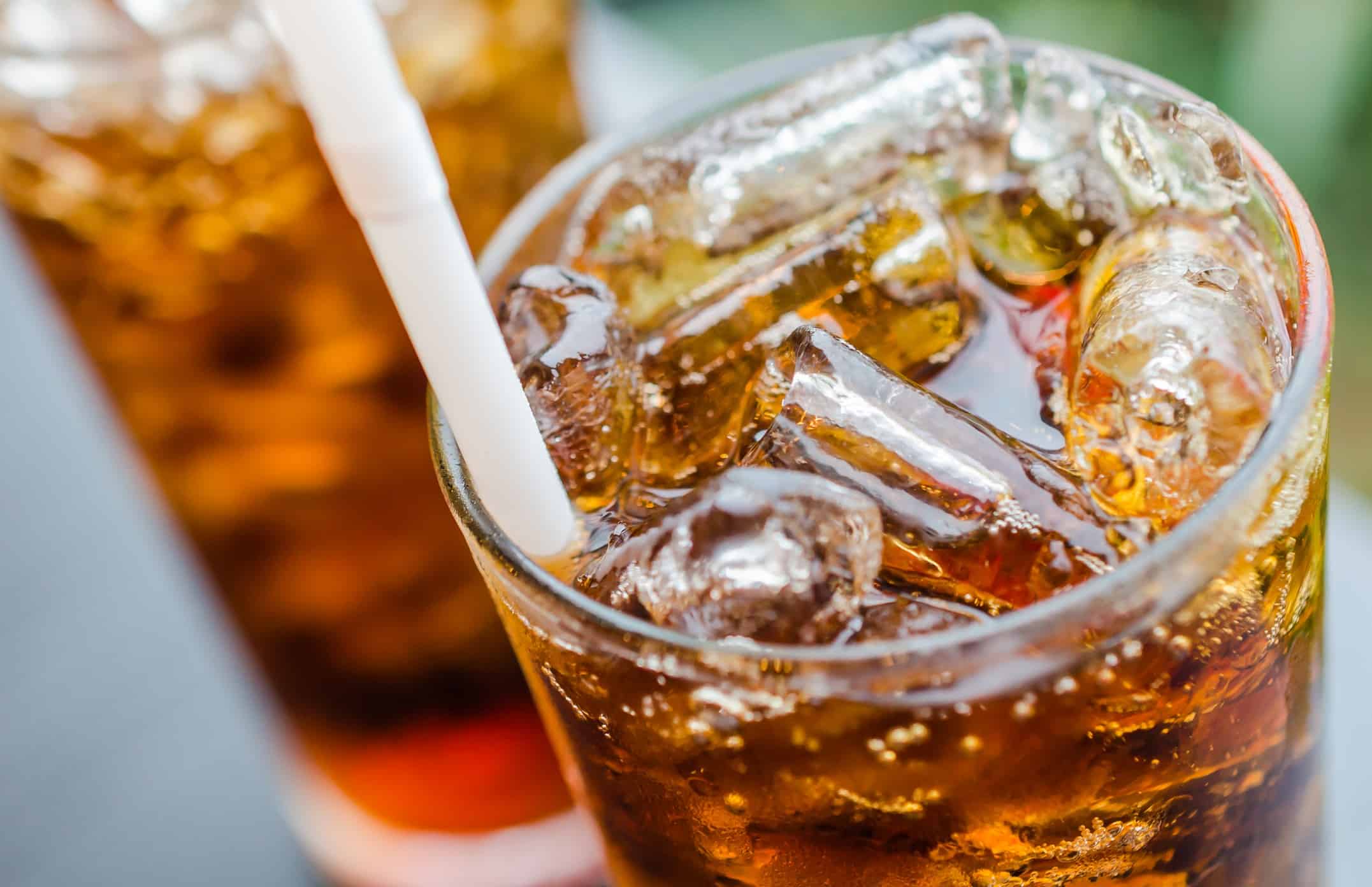Anti-Plastic Crusade Proves Deadly

 News reports this week described the tragic death of a British woman, who died last November while using a metal straw. Apparently, Elena Struthers-Gardner, a former jockey who was disabled from a work-related injury, tripped while holding a mason jar with a metal straw affixed to the lid. When she fell, the straw went through an eye and then into her brain. This was certainly a freak accident, but it never should have happened. It’s a heart-breaking reminder that there are trade-offs associated with policies and campaigns that force product substitutions.
News reports this week described the tragic death of a British woman, who died last November while using a metal straw. Apparently, Elena Struthers-Gardner, a former jockey who was disabled from a work-related injury, tripped while holding a mason jar with a metal straw affixed to the lid. When she fell, the straw went through an eye and then into her brain. This was certainly a freak accident, but it never should have happened. It’s a heart-breaking reminder that there are trade-offs associated with policies and campaigns that force product substitutions.
People began switching to metal straws because of anti-plastic straw campaigns that were based on a plethora of misinformation. I have detailed the many flaws in those campaigns, such as claims about how bans will help fight ocean pollution and other environmental impacts. Read more here, here, and here.
It’s understandable that people want to keep plastic products—and other trash—out of the environment. A video that went viral about a plastic straw found inside a sea turtle’s nose obviously underscored that fact and angered a lot of people. It, too, was a tragic freak accident—but nowhere as tragic as Elena Struthers-Gardner’s death. So it’s time for some perspective here.
When the idea of banning straws gained global interest several years ago, disabled people rightly expressed dismay because plastic straws are often essential to meeting special needs. Many governments that have banned plastic straws have at least put exemptions in place to provide plastic straws to the disabled. But with all the hype and misinformation, straws may be less accessible, and even some disabled people opt for alternatives because they fear doing environmental harm. Unfortunately, Elena Struthers-Gardner paid a high price for choosing a metal straw—perhaps because she, too, was led to believe it was environmentally essential.
Despite all the hype to the contrary, plastic straws have proved to be excellent products. They are light-weight, sanitary, require little energy and resources to produce and transport, and they perform very well. Anti-plastics campaigners simply ignore these valuable attributes, as they ignore the pitfalls of the alternative products. Paper straws, for example, fall apart easily and can have allergy-related effects for some people.
Metal straws make even less sense. They are heavy, sharp, and present risks—and not only to disabled people. Starbucks even had to recall its metal straws because they were cutting children’s tongues. Metal straws also can accumulate dangerous bacteria if not cleaned well, and cleaning inside a straw isn’t easy, even with the proper tools. Frankly, most people have better things to do with their time. Moreover, the amount of energy necessary to mine metal to make straws, produce cleaning kits, and manufacture straw carrying cases is astronomical compared to making plastic straws. Remember, these heavy straws also require more energy usage for packaging and shipping. Other options—such as bamboo and glass—pose their own risks and also require a lot of energy to produce and distribute.
In the end, the ocean pollution won’t be solved by largely symbolic plastics bans anyway. As I have pointed out elsewhere, the answer is proper waste disposal, which we do pretty well (of course, we can always make improvements) in the United States. Disposal practices in other places, however, is very poor, particularly in Africa and Asia.
Arguably, this issue really isn’t about solving problems, it’s about an ideologically driven crusade against plastics and consumer freedom. For example, a Vox article on the topic states as much in its subtitle, which reads: “Banning plastic straws won’t save the ocean. But we should do it anyway.” The article points out that “activists hope that straws will be a ‘gateway plastic,’ encouraging people to forgo other single-use plastics such as bags and bottles.”
And they are succeeding—advancing government bans and taxes on a wide range of plastic products all around the world. Lawmakers seeking to appear “green” willingly pass such legislation without much regard to environmental or public health and safety tradeoffs.
For example, the state of New York has passed a ban on plastic grocery bags, and soon consumers throughout the state will have to pay for paper bags that are often so thin and flimsy that they fall apart before you even get to the car. Again, those people who find it difficult to haul groceries, such as elderly people and the disabled, suffer the most. And small businesses that make or distribute the plastic bags may simply go out of business.
Replacement products from paper to cloth to thicker “reusable” plastic bags are not necessarily better—and may be worse—for the environment. There are tradeoffs here too: One study showed that plastic waste increased substantially after California plastic bag bans were put in place because consumers began buying more plastic trash bags for their waste. And there can be adverse public health consequences, as dangerous pathogens from E. coli and other bacteria can grow inside reusable bags, which consumers rarely wash.
Enough is enough. Its time people wake up and realize that plastic products have won their spot in the marketplace for good reasons, including their safety and environmental profiles. There will always be risks with any product, and waste needs to be managed properly. But market processes offer a far superior method for managing those risks than do nanny state regulators and environmental activists who spread misinformation that can produce deadly results.